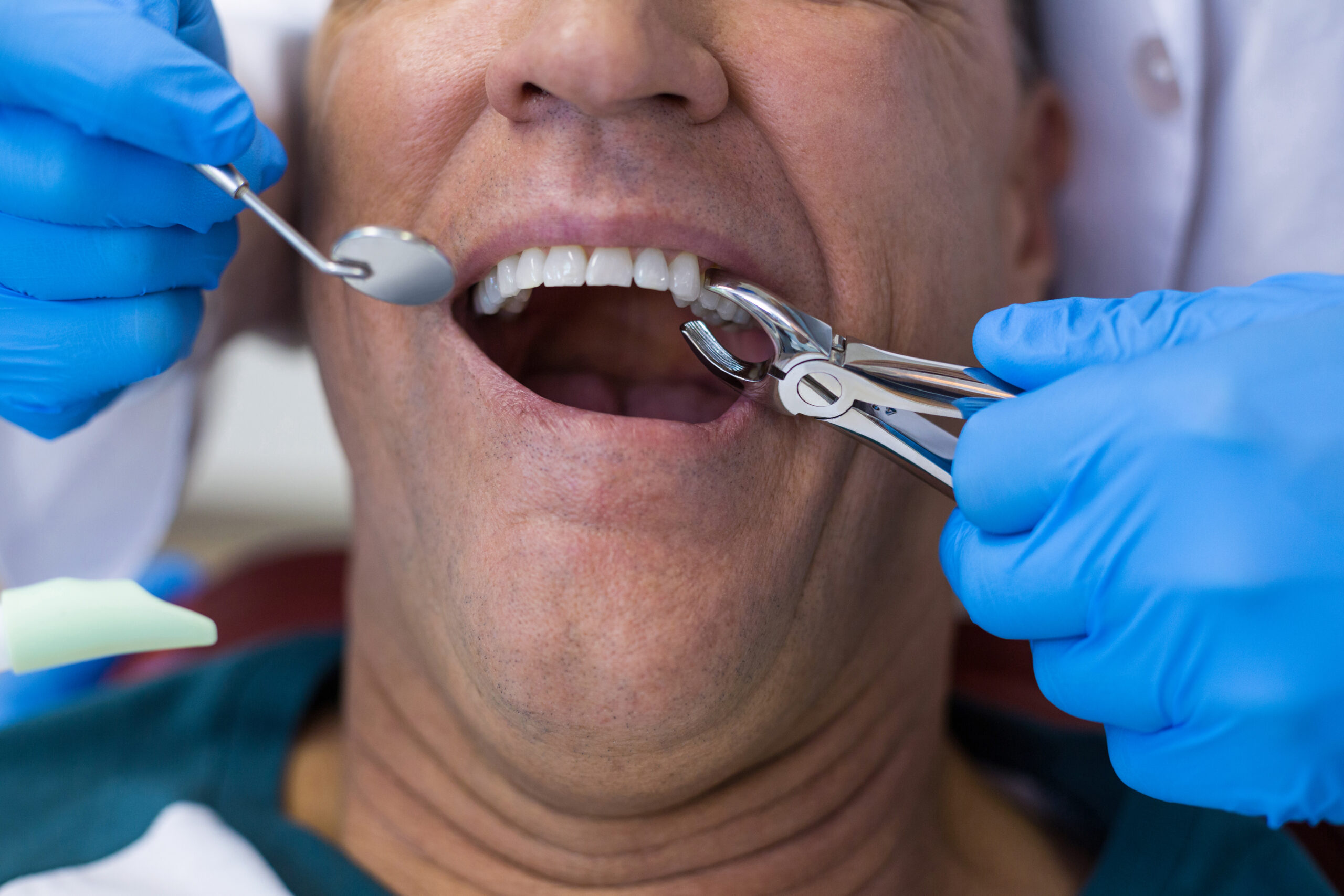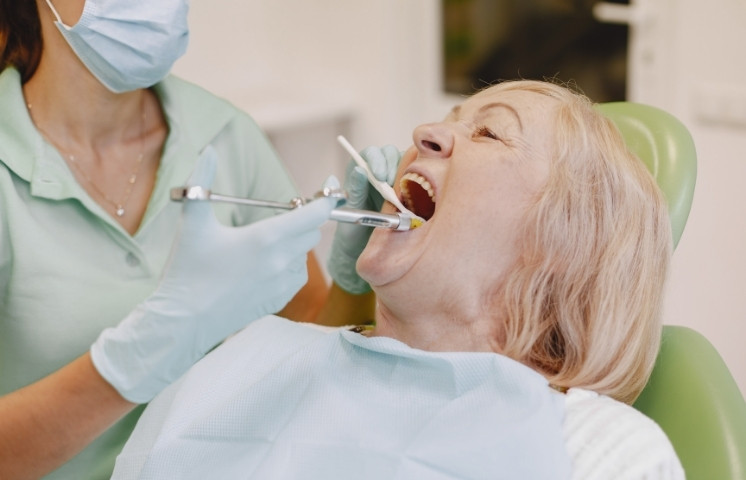New Patients Welcome!

Imagine this: you’re enjoying your day when suddenly, a sharp pain shoots through your tooth. That discomfort, paired with sensitivity when eating or drinking, is your body’s way of signaling a problem. A cracked tooth is no minor issue—it’s a situation that calls for swift attention, especially if it’s causing pain. But why is immediate dental care essential in these cases, and what can be done to ease the discomfort?
Let’s dive into what you need to know about dealing with cracked teeth and why contacting an emergency dentist can make all the difference.
Why a Cracked Tooth Can’t Wait?
Tooth cracks aren’t always visible, and even minor cracks can become significant issues if ignored. Think of your tooth like a windshield – a small crack today can spread and worsen over time. Whether caused by biting down on something hard, trauma, or teeth grinding, a cracked tooth compromises your oral health in more ways than one.
Pain is the body’s alarm system. Your tooth tells you it’s vulnerable when you feel that sharp sensation. A cracked tooth left untreated can result in complications such as infection or tooth loss. That’s why it’s crucial to act quickly. Visiting an emergency dentist sooner improves your chances of saving the tooth and avoiding more intense treatment later.
What to Expect at an Emergency Dental Appointment?
If the pain in your cracked tooth keeps you up at night or affects your eating ability, an emergency dental visit is a must. When you see the dentist, they’ll first assess the extent of the crack. Is it a surface-level crack or one that reaches down to the root? Understanding the severity will determine the treatment path.
During the appointment, you can expect:
- A thorough examination, including X-rays, if needed.
- A discussion about your pain level and the likely cause of the crack.
- Treatment options to relieve discomfort and protect your tooth.
While visiting the dentist in an emergency might feel overwhelming, remember that immediate care often results in quicker, more straightforward solutions. Waiting, on the other hand, can lead to a need for more invasive procedures, like a root canal or extraction.
Steps to Relieve Pain Before Seeing the Dentist
Pain from a cracked tooth can be challenging, especially while waiting for your dental appointment. Although nothing can replace professional care, you can take some steps at home to manage discomfort and prevent the situation from worsening.
Here’s what you can do:
Rinse with warm salt water: It can reduce inflammation and clean the affected area.
Apply a cold compress: An ice pack outside your cheek can reduce swelling and numb the affected area.
Avoid hard or crunchy foods: Hard or chewy foods can worsen the crack, so it’s best to stick to softer options.
Over-the-counter pain relief: Taking an anti-inflammatory medication can temporarily relieve the pain.
While these tips can help you manage the situation temporarily, they are by no means a solution. Professional dental care helps treat a cracked tooth properly.
The Risks of Delaying Treatment
Ignoring a cracked tooth in hopes that the pain will disappear on its own is never a good strategy. While the discomfort might ebb and flow, the underlying issue won’t resolve. The longer you wait, the worse it can get.
Here are some of the potential risks of not treating a cracked tooth:
Infection: Bacteria can enter through the crack, leading to an infection in the tooth’s pulp or the surrounding gum tissue.
Worsening damage: A tiny crack can spread, eventually leading to a complete break or fracture.
Tooth loss: Severe damage from an untreated crack can make teeth removal necessary.
No one wants to face these complications, but they’re real possibilities if you delay treatment. That’s why it’s important to contact an emergency dentist at the first sign of pain. A quick act to save the tooth can ease your discomfort.
Long-Term Care for a Cracked Tooth
You’ll want to prevent further issues once the immediate pain is addressed and your tooth is treated. Long-term care for a cracked tooth often involves lifestyle adjustments and a commitment to ongoing dental care.
Here’s how you can protect your teeth moving forward:
Use a mouthguard: If teeth grinding caused the crack, a dentist might recommend wearing a mouthguard at night to prevent future damage.
Be cautious with hard foods: Ice, hard candy, and popcorn kernels can be risky for teeth, especially if they’ve already experienced damage.
Keep up with dental check-ups: Regular visits to the dentist ensure any potential problems are caught early before they become bigger issues.
Why You Shouldn’t Fear the Dentist?
It’s understandable if visiting the dentist – especially in an emergency – feels intimidating. However, avoiding the problem doesn’t make it go away. Delaying treatment for a cracked tooth can make things much worse. The good news? Most dental procedures for cracked teeth are relatively straightforward when caught early.
Emergency dentists are well-equipped to handle these situations with care and precision. They’ll work to relieve your pain and get you back to enjoying life without the constant distraction of tooth discomfort.
If you’ve been battling pain from a cracked tooth, it’s time to take action. Ignoring the problem could lead to infection, more pain, and tooth loss. Instead, seek help from an emergency dentist who can assess the damage, relieve your pain, and offer solutions to protect your tooth moving forward.
Remember, your smile is one of your most important assets. Keeping it healthy and pain-free should always be a priority. Acting quickly and seeking treatment can help alleviate discomfort and prevent further complications.
It’s your smile – take care of it!





